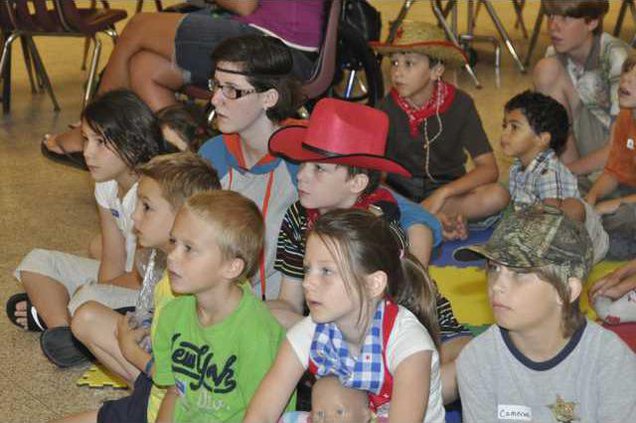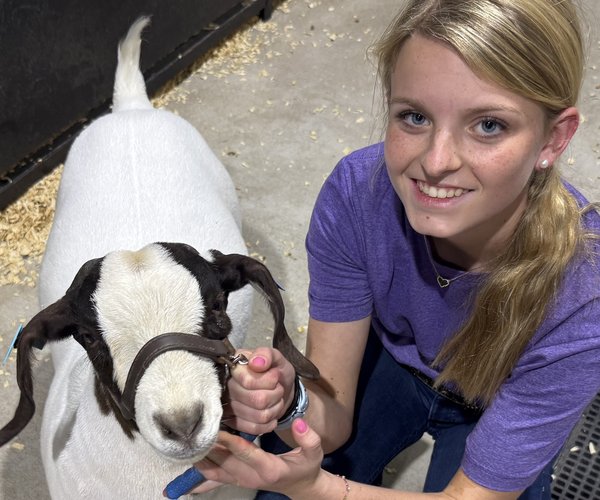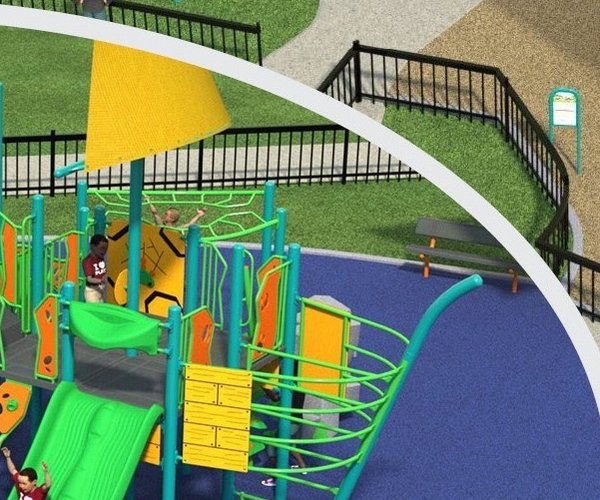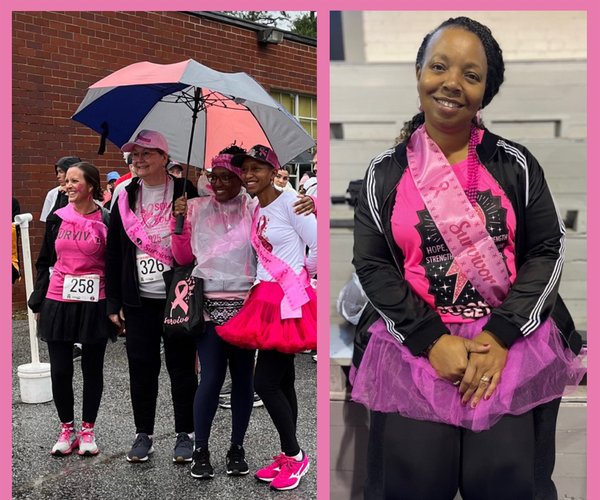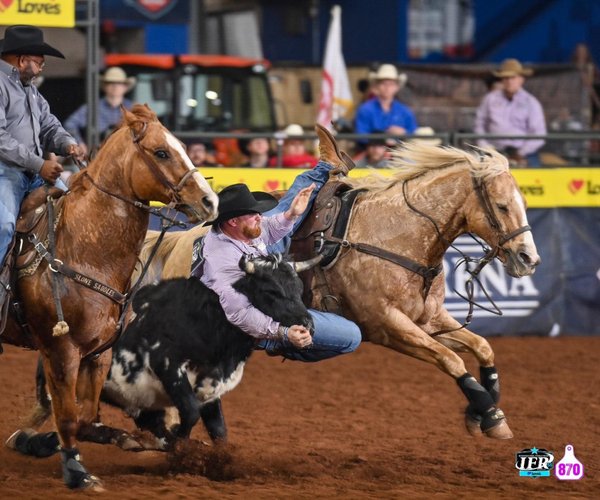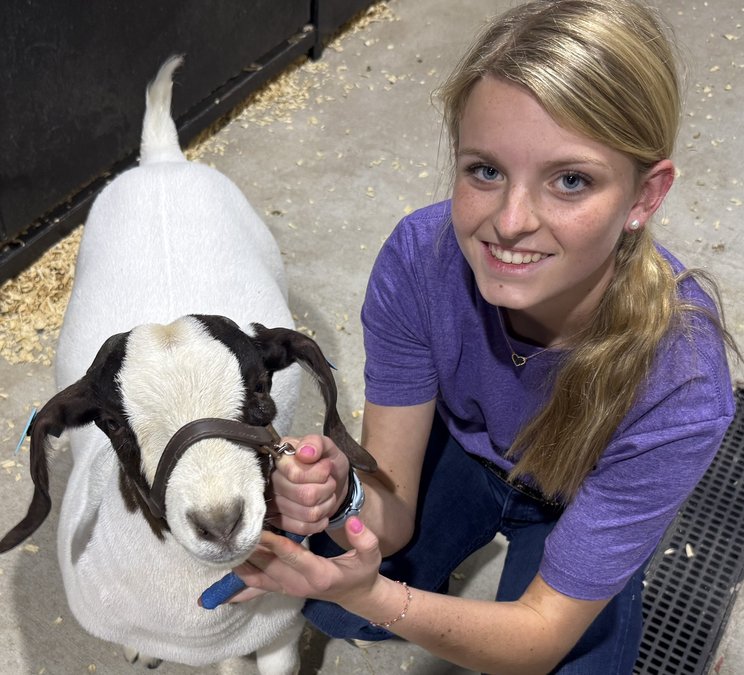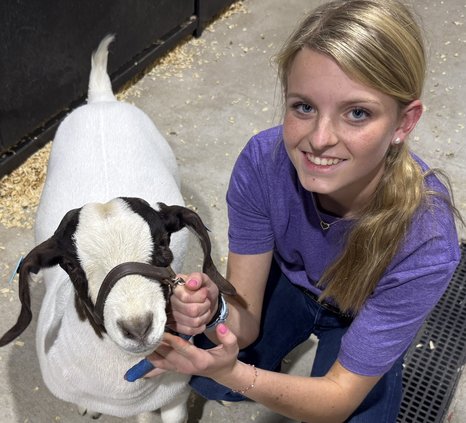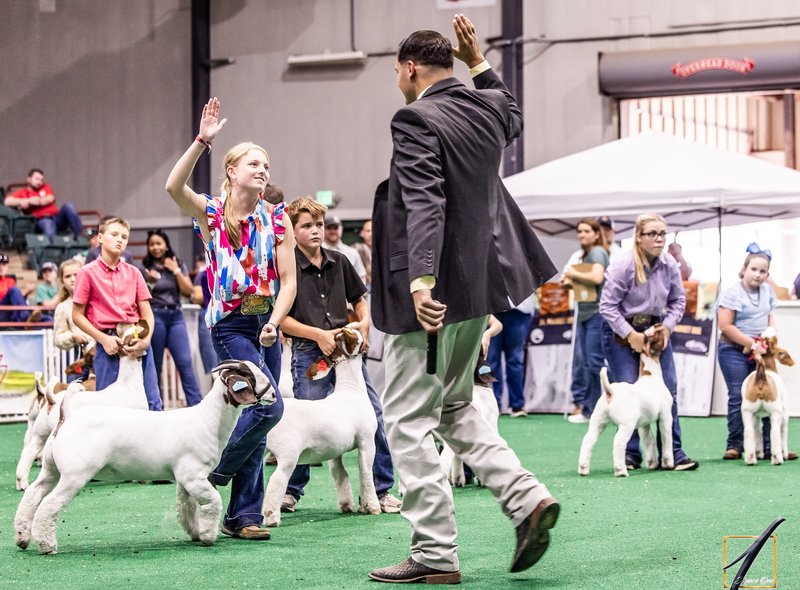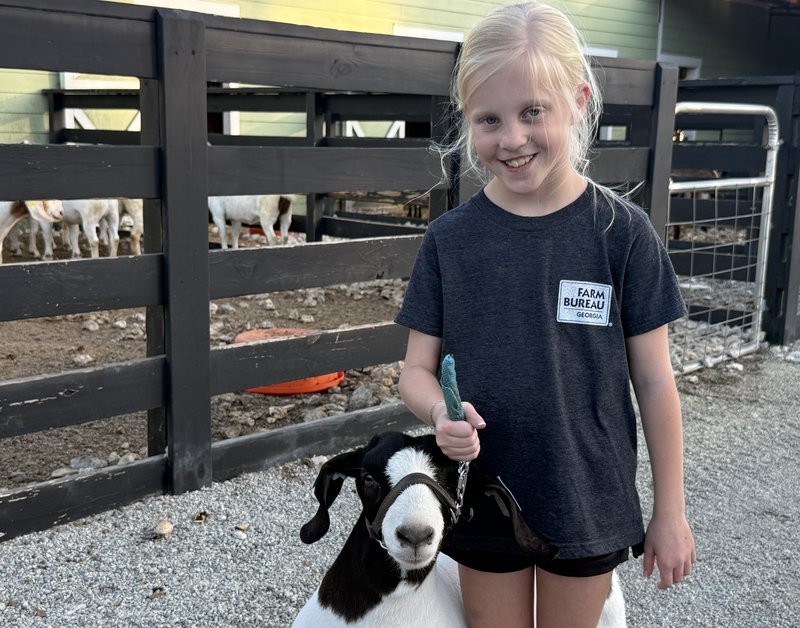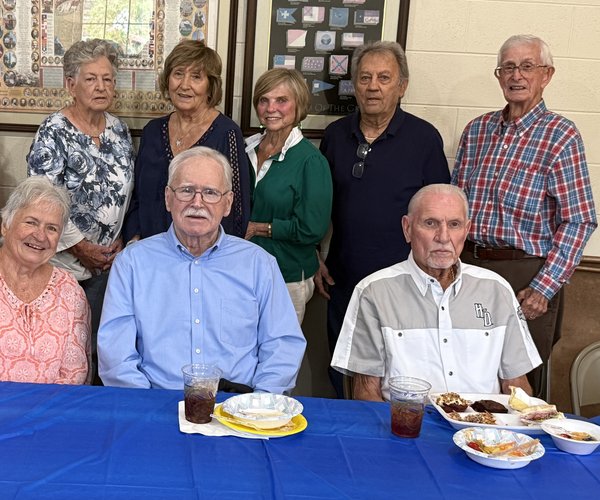When Jeanie Driver first brought her autistic sons to the Arc of Effingham’s Camp Hollywood four years ago, she didn’t know what to expect.
In fact, she was so unsure how twins James and John would respond to the camp that she brought a therapist along to help look after them.
Four years later, James and John, now 12 years old, thrive at the camp. Along with younger brother, Austin, 7 and also autistic, the Driver boys play, communicate and cooperate well with the other campers and the camp leaders.
“It makes me happy,” Jeanie Driver said. “Anything that has to do with my boys and their progression just makes me happy.”
Driver said she first brought her sons to Camp Hollywood because, “Living in the middle of Effingham County, there is nothing around here during the summertime that has to do with special needs.”
That very challenge is what motivated Nina Dasher to start the camp eight years ago. She knew all about the challenges of caring for a child with multiple disabilities, her granddaughter Chelsea.
Dasher credits the school district with having “highly-qualified teachers” who do good work with special-needs children during the school year. However, she said she was “in tears every year,” frustrated by a lack of summer programs and activities for her Chelsea and other children with disabilities.
“Ninety-nine percent of the children in special education did not get the summer extended school year, because it costs more money,” Dasher said. “The school has to take money away from the (other) nine months in order to provide for the summer. They don’t have enough money in the first place, so they certainly don’t take it away for summer services.”
So Dasher began Camp Hollywood, a week-long camp offering physical activity along with art, music and drama. Each year’s camp has a fun theme, such as this year’s cowboy theme.
“This is all about socialization,” Dasher said. “The way I decide if the camp has been a success or not is if the kids have had fun. And they all have had fun every year.”
Six-year-old Caleb Williams certainly was. Taking a quick break from playing with the other campers, Caleb walked to Dasher as she conducted her newspaper interview.
“I’m having fun here,” he announced completely unprompted, adding that his favorite part of the camp was “running around and around ‘til I get dizzy.”
Although special-needs children are the focus of the camp, it is also open to children without disabilities. Dasher prefers that more of the campers do not have disabilities, so they can serve as mentors to the other children.
“I stress to (all the children) on the first day that everybody is here to help. So they all find something they can do to help,” Dasher said.
One of this year’s young leaders was 9-year-old Jacob Curtis, who was attending the camp for the second time. While his mom, Tami Curtis, coordinated the singing and dancing activities, Jacob also played with and helped his fellow campers.
Jacob said he liked “interacting with everybody. You get to know people better and make new friends. It’s really fun.”
Mason Gideon, 13, also in his second year at Camp Hollywood, agreed that “helping out with other kids” is what he likes best about the camp. He shared his very personal reason for getting involved with the camp.
Mason said his father is in the Army and is currently on his second tour of duty in Afghanistan. During his first tour there last summer, Mason volunteered at Camp Hollywood.
“My mom was going through a hard time because my dad was in Afghanistan,” Mason said. “She said (volunteering at the camp) would make a big impact on our family because I would learn how to help other people.”
These are just some of “a lot of success stories” from the eight years of the camp, according to Dasher. She talked about a disabled girl who couldn’t sit up at age 2, but now, three years later, is walking without the assistance of a walker. And an autistic girl who refused to share with other campers and wouldn’t let other children into the ball pit of the play area has developed into a “social butterfly.”
“This is about relaxing in the summer and making friends,” Dasher said. “By the last day, (the campers) want it to keep going.”

